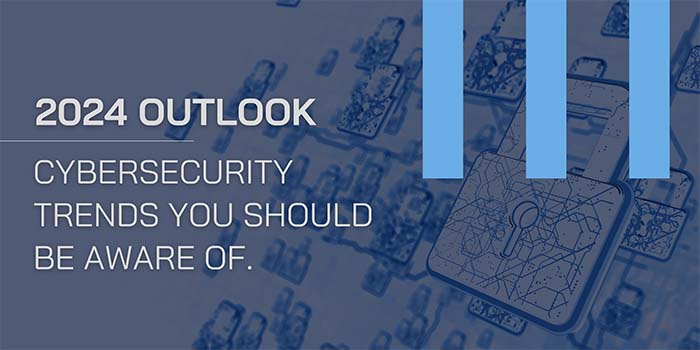In recent years, the digital realm has witnessed a groundbreaking evolution – the rise of the metaverse. This virtual universe, blending Virtual Reality (VR), Augmented Reality (AR), and internet technologies like metaverse, has captured our imaginations. Unlike conventional online platforms, the metaverse operates in a decentralized manner, rendering it resistant to censorship and manipulation. This decentralized nature ushers in unique possibilities but also presents significant challenges, particularly in the realm of cybersecurity.
Empowering Security Through Innovation
One of the metaverse’s key impacts on cybersecurity lies in its blockchain-based architecture. This technology ensures secure transactions, drastically reducing the risk of data breaches. Blockchain, the foundation of cryptocurrencies, operates on a decentralized ledger system where transactions are recorded across multiple computers. This decentralization makes it challenging for malicious entities to manipulate data or compromise transactions, thereby enhancing the security of financial interactions within the metaverse.
Moreover, the metaverse provides secure havens for both businesses and individuals. Through encrypted communication channels and advanced authentication protocols, individuals can interact in a virtual space with confidence, knowing their data and privacy are shielded. For businesses, this translates into secure online transactions and collaborations, mitigating the risks associated with traditional online platforms.
Facing Challenges Head-On
However, the metaverse is not without its hurdles. As this digital universe expands, so do the opportunities for cybercriminals. Phishing attacks, data theft, and the decentralized nature of blockchain technology pose substantial risks to users and organizations operating within the metaverse. The sophistication of phishing attacks, for instance, has escalated, with cybercriminals employing various tactics to deceive users and pilfer sensitive information.
Additionally, the immersive nature of the metaverse necessitates increased data sharing, sparking concerns about data theft and privacy breaches. Users worry about their data being peddled to advertisers and the potential for heightened surveillance within this virtual realm. These concerns underscore the necessity for robust data protection mechanisms and stringent privacy regulations to safeguard user information.
Critical Cybersecurity Concerns in the Metaverse
Social Engineering Attacks
A pressing concern within the metaverse is the surge in social engineering attacks. Scams related to Non-Fungible Tokens (NFTs) have become rampant, where cybercriminals create fake NFTs or fraudulent investment schemes, exploiting users’ trust and leading to financial losses. Educating users about these scams and promoting digital literacy are crucial steps in mitigating these risks and ensuring cybersecurity.
Data Theft
The immersive nature of the metaverse requires users to share more data than ever before. While integral to the virtual experience, this raises concerns about data theft. Cybercriminals may target databases or individual users, compromising sensitive information for nefarious purposes. Striking a balance between providing a rich virtual experience and protecting user data is a significant challenge that the metaverse must address.
Decentralization vs. Vulnerabilities
Blockchain’s decentralized nature, while advantageous, also raises security concerns. The absence of a central authority means that if a vulnerability is exploited, it could lead to widespread data breaches affecting multiple users. Moreover, the decentralized nature of blockchain makes it challenging to implement consistent security protocols across all platforms, resulting in disparities in cybersecurity measures.
Strengthening Our Defenses
To mitigate the risks associated with the metaverse, both users and organizations must proactively enhance their cybersecurity measures. Implementing robust endpoint security, utilizing Virtual Private Networks (VPNs), and deploying reputable anti-malware software are essential steps. Furthermore, fostering a culture of cybersecurity awareness is vital. Educating users about potential risks, promoting safe online behavior, and encouraging critical thinking can significantly mitigate social engineering attacks.
Embracing a Secure Future
As a whole, the metaverse offers unparalleled opportunities for innovation and collaboration. By embracing robust cybersecurity practices, staying vigilant against emerging threats, and empowering users through education, we can harness the full potential of the metaverse. Together, we can create a secure and innovative digital future, where individuals and businesses thrive in this exciting new era of virtual reality.

